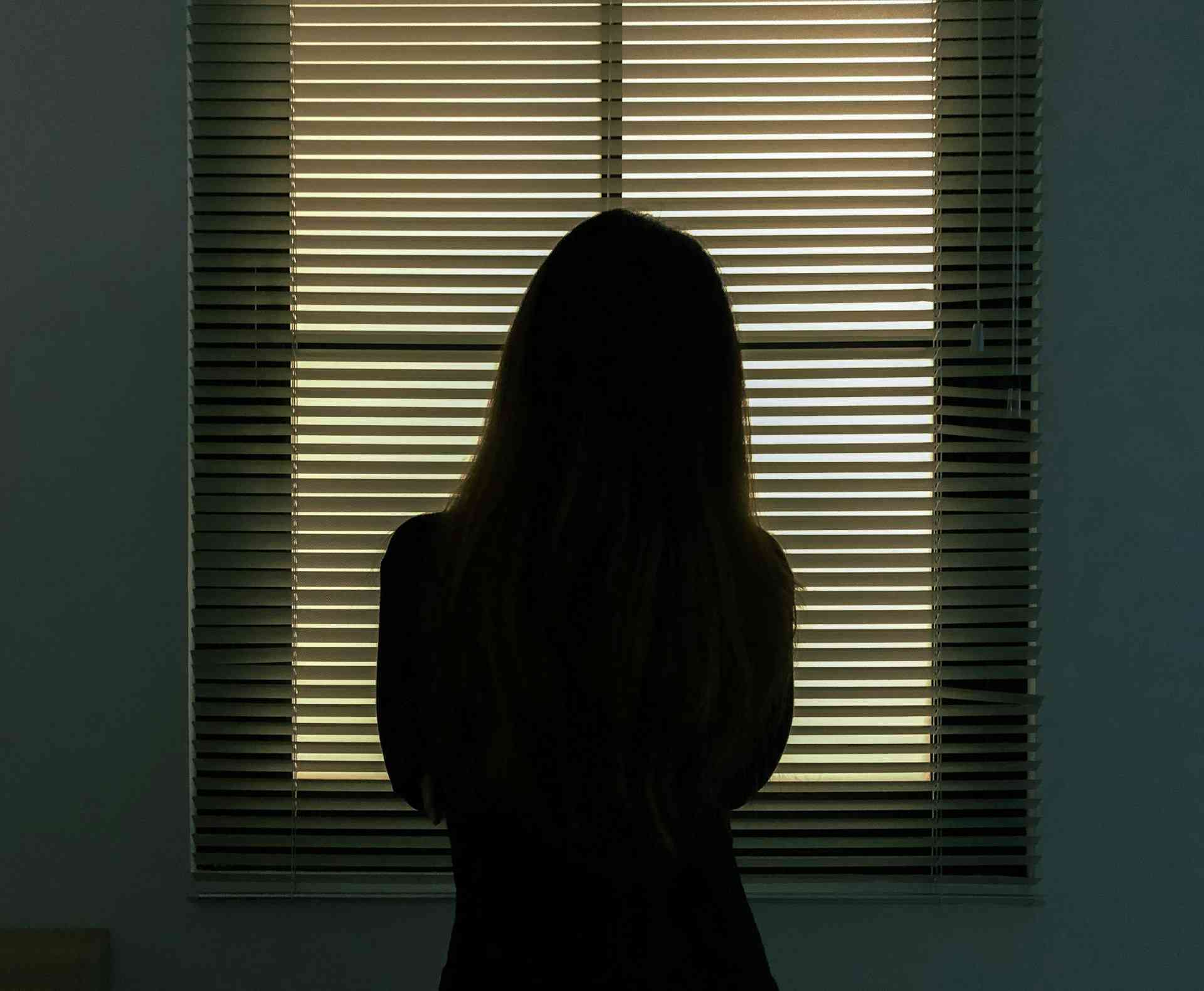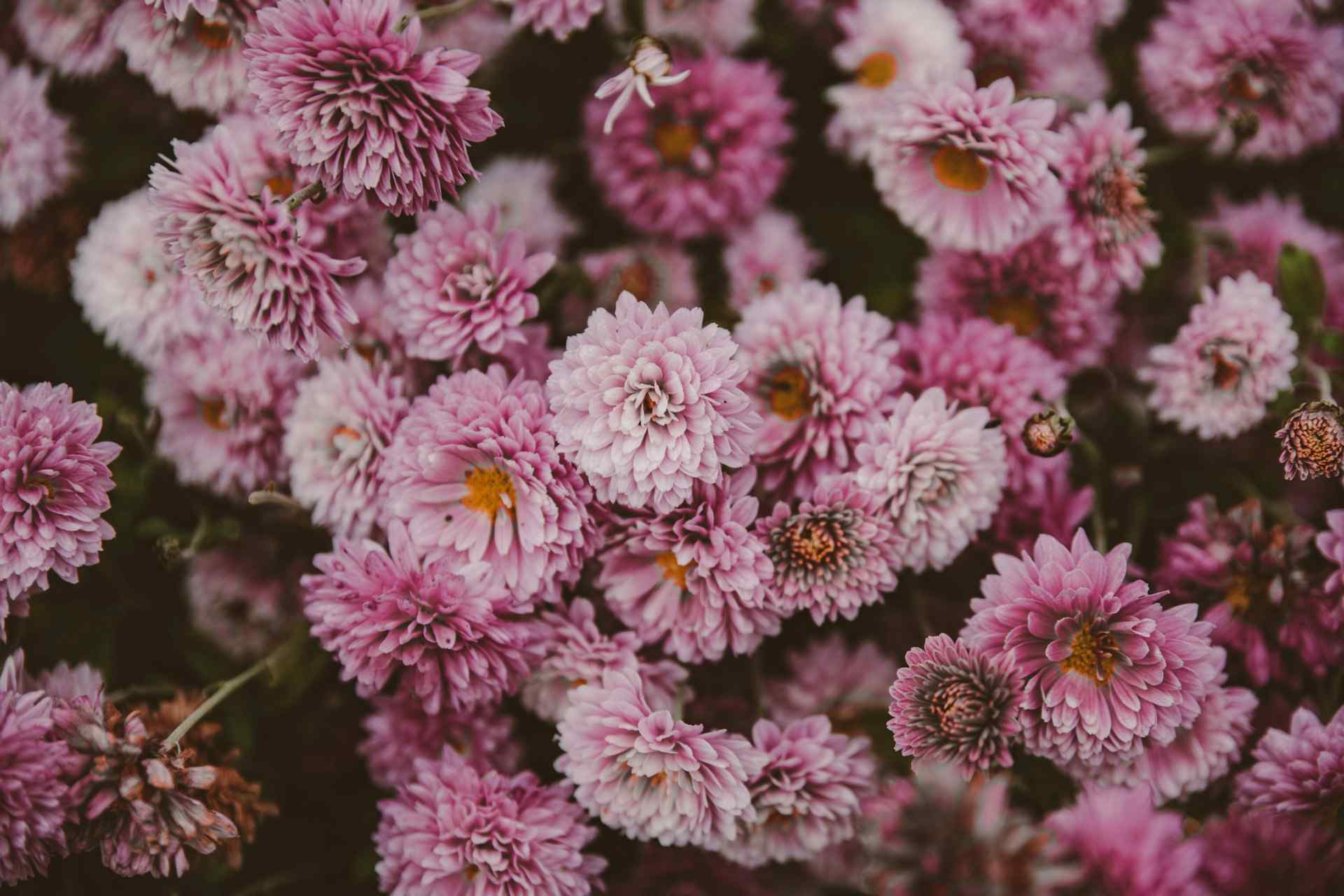Panic attacks come on suddenly. You may not be aware of the trigger, but the symptoms manifest quickly and can last several minutes. Anxiety and panic attacks can make you believe you are having a heart attack or that you are about to die. This fear increases your heart rate and blood pressure and escalates panic attack symptoms.
Although anxiety is a normal reaction to danger or fear, chronic anxiety is dangerous for your physical and mental health. However, you can manage your anxiety and panic attacks through a few lifestyle tweaks.
Cast all your anxiety on him because he cares for you. – 1 Peter 5:7, NIV
How anxiety affects your body
Think of anxiety like an undercurrent of electricity that hums under the skin. The more stress you feel, the stronger the current. Eventually, the stress and anxiety overflow into a panic attack.
The fight or flight response is anxiety in action. It protects us from danger and predators. However, our minds cannot separate the danger of a home invasion from the threat of late mortgage payments.
Anxiety and panic attack symptoms can include:
- Rapid heart rate.
- High blood pressure.
- Digestive issues.
- Headaches.
- Weight gain or loss.
- Sleep problems.
- Eating too much or too little.
- Shaking or tremors.
- Shortness of breath.
- Trouble swallowing.
- Feeling faint.
- Sensation of dread.
- Feeling as if you are going to die.
The stress hormone cortisol plays a large part in the body’s response to danger. Excessive cortisol can also lead to other problems, like heart disease, obesity, and Cushing syndrome. Managing your stress can lower your anxiety and cortisol levels and reduce your risk of panic attacks.
Therapy treatment for anxiety and panic attacks
 Talk therapy (psychotherapy) and cognitive behavioral therapy (CBT) techniques are effective treatments for anxiety and panic attacks. A counselor can help you create a mental health care plan personalized to your needs. You can choose from in-person or virtual therapy options and counseling sessions for individuals, couples, or families. Ask your counselor about local support groups or online groups where you can share anxiety-busting strategies.
Talk therapy (psychotherapy) and cognitive behavioral therapy (CBT) techniques are effective treatments for anxiety and panic attacks. A counselor can help you create a mental health care plan personalized to your needs. You can choose from in-person or virtual therapy options and counseling sessions for individuals, couples, or families. Ask your counselor about local support groups or online groups where you can share anxiety-busting strategies.
Tips for managing anxiety and panic attacks
Anxiety is often rooted in fear and worry, although you may be unable to pinpoint the exact cause without professional help. Lifestyle tweaks and changes can lessen the symptoms of panic attacks. You may consider trying the following suggestions and counseling before taking anti-anxiety medications.
If your physician prescribes medication, continue to take it as prescribed while you adopt new, healthier habits. In addition, your doctor should routinely reevaluate your progress and bloodwork.
Practice deep breathing.
Deep breathing is an underrated technique for lowering anxiety and stopping panic attacks. Unfortunately, it seems too easy, so many people ignore the suggestion to practice it. However, when you force yourself to breathe deeply and take notice of your surroundings, you ground yourself into reality.
Practicing deep breathing can be as simple as inhaling through your nose, noticing how your lungs fill with oxygen, then releasing the breath slowly. Repeat as necessary for a few minutes. Deep breathing is helpful because during a panic attack, your breathing becomes shallow. This is because you breathe rapidly and not enough oxygen enters your body. Instead, slow down and focus on your breathing.
Another helpful technique to stop anxiety and panic attacks is grounding yourself in your environment using your five senses. To start, close your eyes and breathe deeply for a few minutes. First, open your eyes and name five objects you see in the area. Second, name and touch four items, taking care to notice textures. Third, name three things you hear. Next, name two things you smell. Finally, name one thing you can taste.
Avoid unhealthy habits.
 Alcohol, drugs, caffeine, and too much sugar can worsen anxiety symptoms. All lead to a jittery feeling and can increase heart rate and blood pressure. Alcohol and drugs can also cause paranoia and hallucinations, aggravating anxiety symptoms.
Alcohol, drugs, caffeine, and too much sugar can worsen anxiety symptoms. All lead to a jittery feeling and can increase heart rate and blood pressure. Alcohol and drugs can also cause paranoia and hallucinations, aggravating anxiety symptoms.
Anxiety can also increase during withdrawal, so seek professional help when you want to stop drinking or abusing drugs. Although it may seem like caffeine and sugar are easier to kick, most people find themselves surrounded by these unhealthy choices. Like other harmful habits, you may experience headaches and sluggishness during withdrawal. You may want to recruit the help of a nutritionist or counselor while limiting or avoiding caffeinated drinks and added sugars.
Your counselor may recommend keeping busy, joining a group, or starting a hobby to keep your mind off unhealthy habits. You can also replace the time you spent on these activities with new ones, like volunteering, taking an online course, or reaching out to a friend for a chat.
Eat well to feel better.
As you limit your consumption of caffeine and added sugars, consider cutting back on processed, junk, and fast foods. These foods typically contain preservatives and additives, like MSG and excessive sodium, that can cause chronic inflammation. Chronic inflammation is linked to arthritis, cancers, diabetes, and heart disease. The inflammation also reaches the brain, leading to structural and functional changes.
Since everyone is different and nutritional needs vary, consult a nutritionist or dietician to determine what you need. As a rule of thumb, most people can safely consume lean proteins, fresh fruits and vegetables, healthy fats, and complex carbohydrates. However, if you have diabetes or gluten intolerance, consult your physician before changing your diet.
Exercise daily.
 Exercise is a natural mood booster and anxiety management technique. Yet it is the first thing we typically remove from our schedule when overwhelmed or stressed. Exercise lifts our spirits and helps us to shrug off stressors. How often do you think of exercise as an essential activity? Do you treat working out with the same importance as taking your medication or brushing your teeth?
Exercise is a natural mood booster and anxiety management technique. Yet it is the first thing we typically remove from our schedule when overwhelmed or stressed. Exercise lifts our spirits and helps us to shrug off stressors. How often do you think of exercise as an essential activity? Do you treat working out with the same importance as taking your medication or brushing your teeth?
Most experts agree that getting at least 30 minutes of moderate exercise five days a week is beneficial for your physical, mental, and emotional health. However, if you have other goals, such as losing weight and gaining muscle, you may need to work out longer or exercise more days per week. Consult your doctor before beginning an exercise regimen.
Journal to identify triggers.
Your first panic attack most likely took you by surprise. Your subconscious recognized a trigger (location, sound, smell, memory, thought, person), and the anxiety manifested into a physical reaction. You may not have been aware of what made you panic.
Journaling is an activity that can help uncover what is going on behind the scenes of your conscious mind. After a panic attack, ask yourself the following questions:
- Where was I? Did the location remind me of another place?
- Was there a familiar sound, such as a song playing or someone’s voice?
- What did I smell? Was there a familiar odor?
- Had I been talking to someone who brings me stress?
- What thoughts were streaming through my head that day?
- What memories did I conjure?
Spend time recollecting this data. If you have a counselor, ask them to read over your journal and help you pinpoint possible triggers.
 Your first reaction may be to avoid the trigger to keep the panic attack from reoccurring. In some cases, this will work in your favor. However, be open to the idea of your counselor asking you to face your trigger (even in small stints of time) to grow your confidence and take power away from your fear.
Your first reaction may be to avoid the trigger to keep the panic attack from reoccurring. In some cases, this will work in your favor. However, be open to the idea of your counselor asking you to face your trigger (even in small stints of time) to grow your confidence and take power away from your fear.
Are you experiencing panic attacks regularly?
Anxiety and panic attacks are scary and can lead you to avoid places and activities you once enjoyed. Do you have panic attacks regularly? Is your avoidance causing issues at home, work, and with your relationships?
Contact our center today to schedule an appointment with a counselor specializing in anxiety and panic attacks. Your counselor will share techniques to lessen anxiety symptoms, stop panic attacks, and work through your past trauma and fears. Give us a call today.
“Small Bird”, Courtesy of Bilali Esmir, Unsplash.com, CC0 License; “Pussy Willow”, Courtesy of Annie Spratt, Unsplash.com, CC0 License; “Pink Blossoms”, Courtesy of Ayumi Kubo, Unsplash.com, CC0 License; “Nature”, Courtesy of Annie Spratt, Unsplash.com, CC0 License
- Melissa Plantz: Author
Melissa Plantz is a Christian author and freelance writer. She spent twenty years in the pharmacy industry and has specialized in faith, fitness, nutrition, geriatrics, and mental health since 2015. She writes from the beautiful Lake Marion area in S...
DISCLAIMER: THIS ARTICLE DOES NOT PROVIDE MEDICAL ADVICE
Articles are intended for informational purposes only and do not constitute medical advice; the content is not intended to be a substitute for professional medical advice, diagnosis, or treatment. All opinions expressed by authors and quoted sources are their own and do not necessarily reflect the opinions of the editors, publishers or editorial boards of Stone Oak Christian Counseling. This website does not recommend or endorse any specific tests, physicians, products, procedures, opinions, or other information that may be mentioned on the Site. Reliance on any information provided by this website is solely at your own risk.





